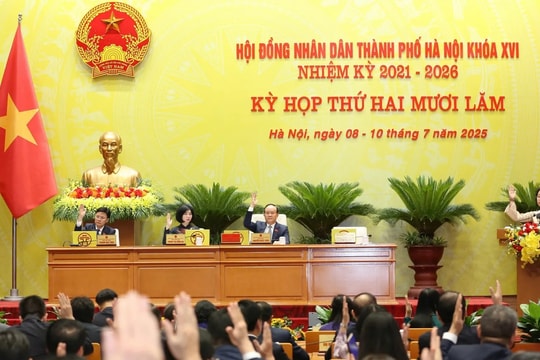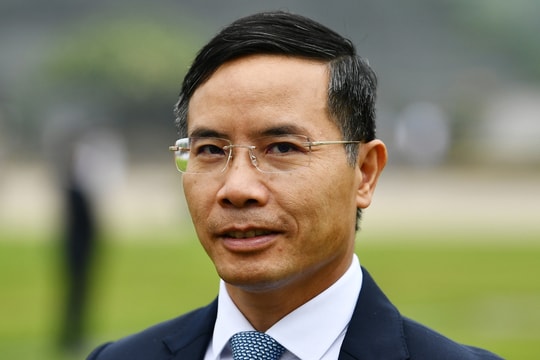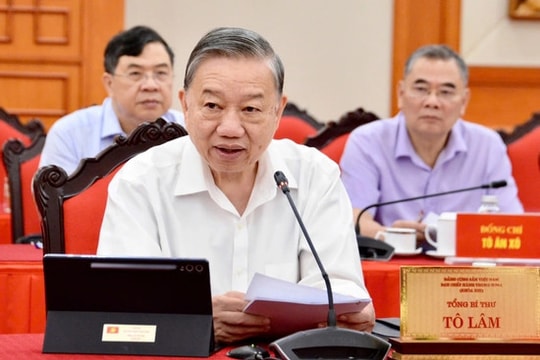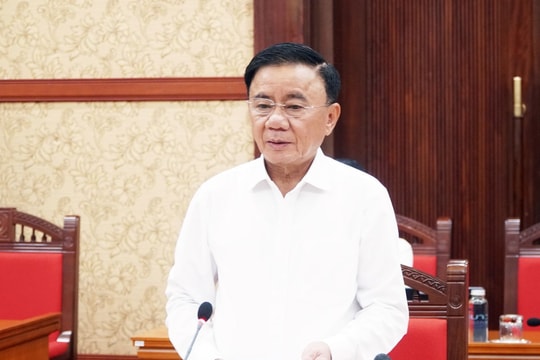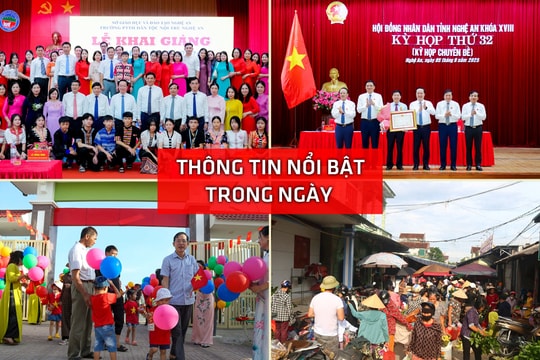Vietnam has only 4 female Chairmen of Provincial People's Councils.
This situation shows that the path to achieving 35% female National Assembly deputies still has many barriers.
Vietnam still lacks a large number of female representatives participating in elected bodies, which is affecting policy making and ensuring gender equality.
According to the Inter-Parliamentary Union, Vietnam has made significant progress in increasing women's participation in elected bodies, from 3% of female National Assembly deputies in the first term to 24.4% in the 13th term.
Although there has been much progress, the rate of 24.4% is still a large gap compared to the figure of 35% of female delegates participating in elected bodies for the 2016-2021 term set out in Resolution 11-NQ/TW of the Politburo. In addition, women mainly hold positions such as Standing Committee members and Deputy levels, currently only 4/63 provinces have women as Chairmen of People's Councils. Narrowing the gap between men and women in political activities is necessary to promote gender equality and move towards a progressive society, but there are still many difficulties.
In the recent discussion on promoting communication to increase the rate of women participating in elected bodies, Ms. Pham Thi Hai Chuyen, Minister of Labor, War Invalids and Social Affairs, especially emphasized traditional cultural factors and gender stereotypes.
“There is still a widespread prejudice, not only from society and family, from men towards women, but also from women themselves. There are still candidates who are worried and lack confidence, thinking that they are not capable of convincing voters,” said Minister Pham Thi Hai Chuyen.
Ms. Truong Thi Hanh - Acting Head of the General Department of the Ministry of Home Affairs also said that women need to be more confident, more determined, and demonstrate their true abilities in election activities.
Stemming from prejudices about the differences between men and women: “The work for female cadres is not specific. Some different regulations between men and women such as retirement age, training age, and fostering age have also limited women's participation in social life, most clearly in leadership and management. The most noteworthy thing here is that women have to retire when they are at the peak of knowledge and experience,” Ms. Chuyen added.
Discrimination between women and men in leadership roles is still widespread. In “Bridging the Gap”, The Economist states that “Women have made great strides in all fields, but they still have a harder time than men in reaching the top positions… Men and women are recruited almost equally when they leave school: but halfway up the career ladder, many women are excluded; and at the top, there are hardly any… Most senior positions are still a male prerogative.”
Besides, women are under pressure to do housework and manage the family. According to traditional beliefs, women have difficulty in balancing work and family responsibilities, which is also a barrier for women.
In addition, in the electoral organization, there is no promotion of gender equality, female candidates have to shoulder many structures, leading to lower chances of being elected than men. Female candidates are often placed on the same list of candidates with higher chances of being elected.
Vietnam needs to take solid steps and specific practical measures to achieve the target of 35% female officials in elected bodies for the 2016-2021 term.
“Caring for women and supporting women to participate in the National Assembly and People's Councils at all levels is a practical contribution to promoting gender equality, for the advancement of women, for family happiness and the prosperity of the country,” Dr. Nguyen Thi Thu Ha stated./.
According to VOV
| RELATED NEWS |
|---|

.jpg)
.jpg)
